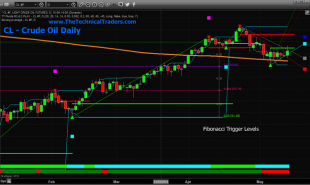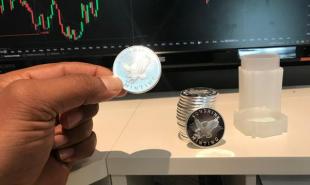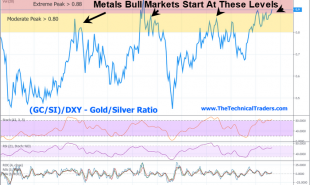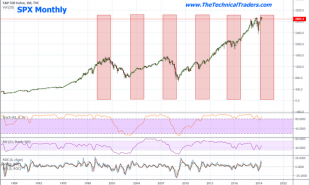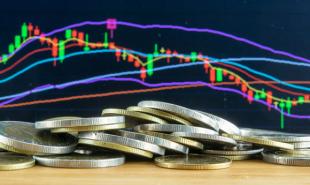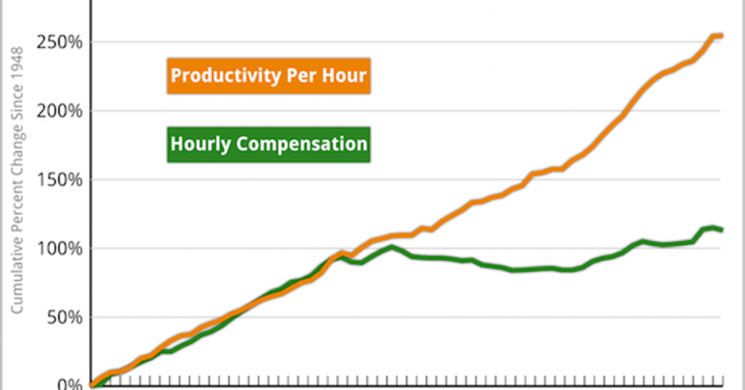
Most of human evolution, both biological and cultural, took place in societies containing between 50 and 100 individuals. The chances of one's genes surviving long enough to reproduce were greatly increased by cooperating as a group, and the differentiation of labor that resulted. A single individual was unlikely to bring down a mastodon, while a coordinated group of hunters had a high probability of success. The profits (meat) would be shared with all tribal members, even though the majority of the tribe did not participate in the hunt.
If one hunter, let's say the individual who convinced the others to hunt together, tried to take the majority of the meat, it doesn't require much imagination to think of how that particular act of greed would have been dealt with by his hunting buddies. As a result, everyone in the tribe shared in the spoils; the very old, the very young, the very depressed, and even the very dimwitted. Otherwise, the society itself would fail, and everyone's survival would be jeopardized.
Now imagine that one individual in the tribe gets their hands on a special technological tool that allows them to bring down a mastodon, all by themselves. That individual, would no longer require the help of the other hunters. How would that change things? There are two scenarios: share even more with the tribe since more meat will be available (higher productivity), or take all of the productivity for themselves and their immediate kin. If the latter is chosen, then the individual would have to leave the tribe and go it on their own. This means leaving all the security, both physical and psychological, that the tribe provides. In fact, this choice could turn the tribe into a liability, since they would be likely to try and take what they need from the now-solitary individual.
The increased sharing scenario, seems to have been the more frequent choice, since tribes (societies) continued to increase in size along with labor-saving technologies. That is, until societies grew to a critical mass where anonymity became possible. At that point, the tribe becomes incapable of identifying the sources of antisocial behavior. This lowers the risk/reward associated with self-interested greed, and increases the frequency of greedy choices among individuals.
The effect of anonymity on the frequency of anti-social behavior is painfully evident on the internet. Most of the anti-social behaviors found on the internet are a result of its inherent anonymity. This abhorrent behavior would never occur in a face-to-face, or smaller group encounter.
Organizing into a limited corporation, allows for the anonymity of capital and its mantra "it's nothing personal, it's just business," while at the same time maintaining legal personhood. This facilitates the unfettered extraction of value from the economy, while taking no personal responsibility for failures or damages that may result from any malfeasance. The corporation is a powerful tool with only one basic objective; maximize profits in the short term, on behalf of anonymous capital. The possibilities are truly frightening if a sociopath takes the reins of a corporation.
Equally frightening, yet far more damaging, has been the creation of rules that favor capital, while systematically removing the rules that protect humans from the power of capital. Reagan and Thatcher liberalized the financial markets and removed controls over the banking industry. This "Big Bang," as it was known, included privatization of most government controlled utilities, cuts in government social spending, significant cuts in the upper tax brackets, and an emphasis on the individual rather than society.
There was a massive increase in Cold War related defence spending that resulted in large budget deficits, US trade deficit expansion, and in order to cover new federal budget deficits, the United States borrowed heavily both domestically and abroad, raising the national debt from $700 billion to $3 trillion. The US moved from being the world's largest international creditor to the world's largest debtor nation.
The newly deregulated financial industry introduced a constantly expanding universe of new derivative instruments with which to gamble and extract value out of the real economy and onto its own bottom line. Global free-trade agreements which allowed the free movement of goods and capital were implemented, as were legal restrictions on trade unions (especially in Britain). This was good for capital, but not so good for the majority of the population.
Continue reading for free here.
ANG Traders
www.angtraders.com
Read more by ANGTraders


